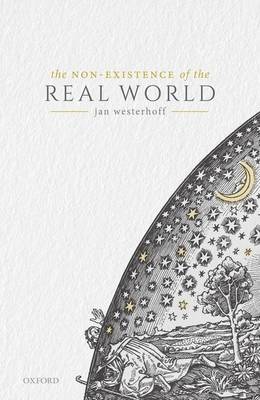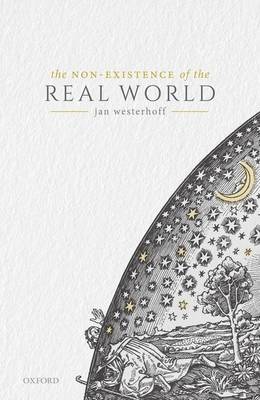
- Afhalen na 1 uur in een winkel met voorraad
- Gratis thuislevering in België vanaf € 30
- Ruim aanbod met 7 miljoen producten
- Afhalen na 1 uur in een winkel met voorraad
- Gratis thuislevering in België vanaf € 30
- Ruim aanbod met 7 miljoen producten
Zoeken
Omschrijving
Does the real world, defined as a world of objects that exist independent of human interests, concerns, and cognitive activities, really exist? Jan Westerhoff argues that we have good reason to believe it does not. His discussion considers four main facets of the idea of the real world, ranging from the existence of a separate external and internal world (comprising various mental states congregated around a self), to the existence of an ontological foundation that grounds the existence of all the entities in the world, and the existence of an ultimately true theory that provides a final account of all there is. As Westerhoff discusses the reasons for rejecting the postulation of an external world behind our representations, he asserts that the internal world is not as epistemically transparent as is usually assumed, and that there are good reasons for adopting an anti-foundational account of ontological dependence. Drawing on conclusions from the ancient Indian philosophical system of Madhyamaka Buddhism, Westerhoff defends his stance in a purely Western philosophical framework, and affirms that ontology, and philosophy more generally, need not be conceived as providing an ultimately true theory of the world.
Specificaties
Betrokkenen
- Auteur(s):
- Uitgeverij:
Inhoud
- Aantal bladzijden:
- 384
- Taal:
- Engels
Eigenschappen
- Productcode (EAN):
- 9780198847915
- Verschijningsdatum:
- 22/06/2020
- Uitvoering:
- Hardcover
- Formaat:
- Genaaid
- Afmetingen:
- 152 mm x 236 mm
- Gewicht:
- 698 g

Alleen bij Standaard Boekhandel
+ 418 punten op je klantenkaart van Standaard Boekhandel
Beoordelingen
We publiceren alleen reviews die voldoen aan de voorwaarden voor reviews. Bekijk onze voorwaarden voor reviews.











